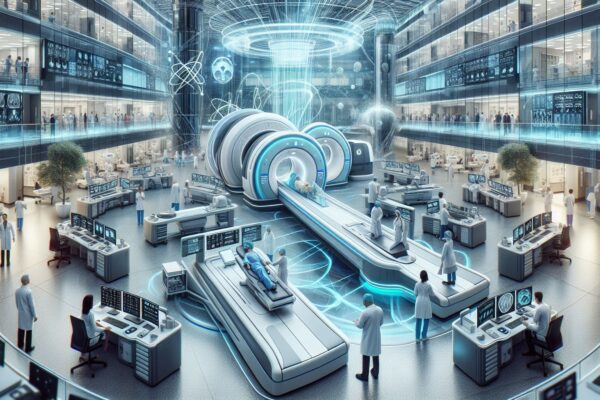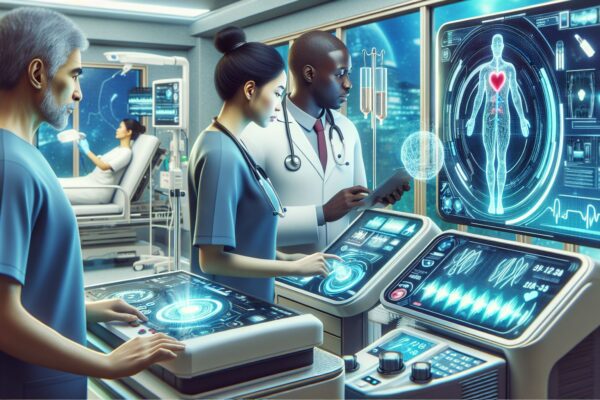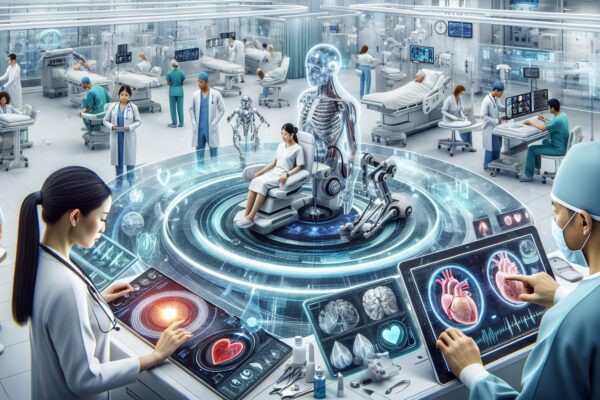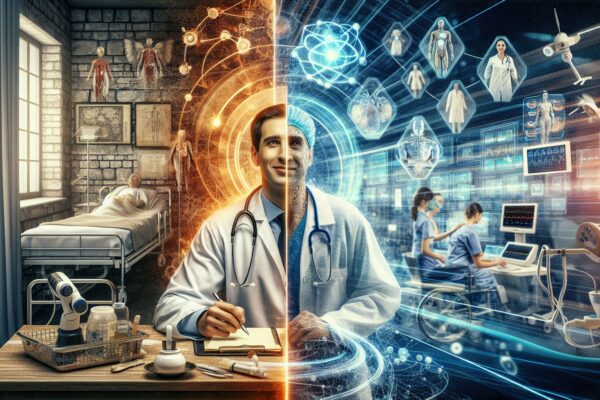With the rapid advancement of technology, the healthcare industry has witnessed significant transformations. Medical technology is now an integral part of modern hospitals, playing a crucial role in improving patient care, increasing efficiency, and enhancing outcomes. In this article, we will explore the various ways medical technology is revolutionizing hospitals.
improving diagnostics and treatment
One of the most significant aspects of medical technology is its ability to enhance diagnostics and treatment. Sophisticated imaging techniques such as Magnetic Resonance Imaging (MRI) and Computed Tomography (CT) scans have revolutionized the way doctors identify health issues. These technologies enable physicians to make accurate and timely diagnoses, leading to better treatment plans and improved patient outcomes.
Furthermore, minimally invasive surgical procedures have become a game-changer in hospitals. Techniques like laparoscopy and robotic-assisted surgery offer precise control and minimal tissue damage, resulting in faster recovery times and decreased risks for patients. These technologies have transformed various surgical specialties, including cardiology, orthopedics, and gynecology.
Streamlining operations and increasing efficiency
Medical technology has ushered in a new era of streamlined operations and increased efficiency within hospitals. Electronic Health Records (EHRs) have replaced the traditional paper-based patient records, providing healthcare professionals with real-time access to vital patient information. This technology has improved patient safety, reduced medical errors, and allowed for better coordination among healthcare providers.
Moreover, resource management systems utilizing Internet of Things (IoT) technology have helped hospitals optimize their workflows. By monitoring and analyzing data on equipment usage, patient flow, and inventory levels, hospitals can make informed decisions to streamline operations and reduce costs.
Enhanced patient experience
Medical technology has also significantly enhanced the overall patient experience within hospitals. Telemedicine, for example, enables patients to consult with healthcare professionals remotely, eliminating the need for unnecessary hospital visits. This technology has proven invaluable, particularly for individuals living in rural or remote areas, ensuring they have access to quality healthcare services.
Additionally, wearable devices and health monitoring apps have empowered patients to take control of their own health. These tools allow individuals to track vital signs, monitor fitness levels, and manage chronic conditions from the comfort of their own homes. As a result, patients have greater autonomy over their healthcare journey, leading to improved engagement and better health outcomes.
Conclusion
Medical technology has revolutionized the healthcare industry, particularly within hospitals. From improved diagnostics and treatment to streamlined operations and enhanced patient experiences, the impact of medical technology is undeniable. As technology continues to advance, we can expect even more innovative solutions to further transform the way healthcare is delivered, ultimately benefiting patients worldwide.




